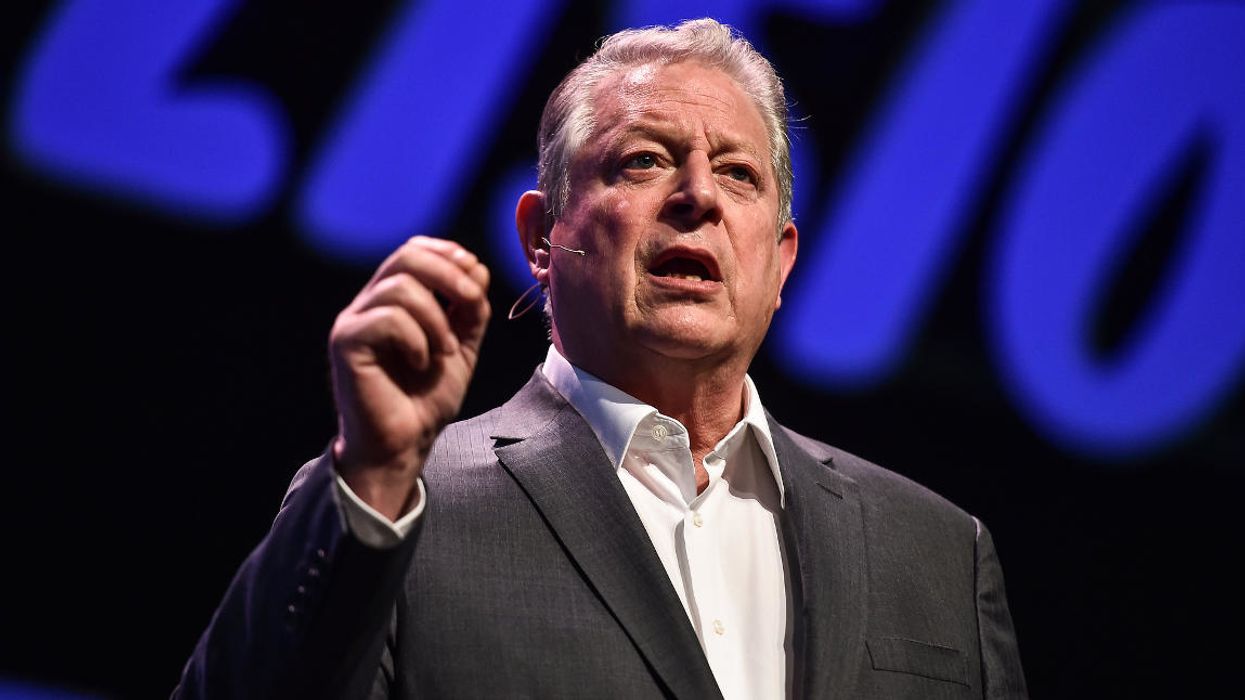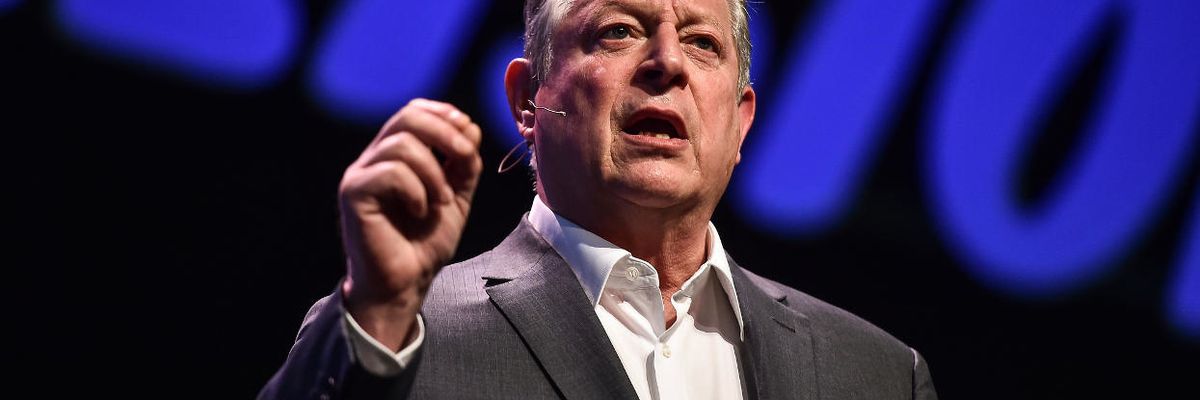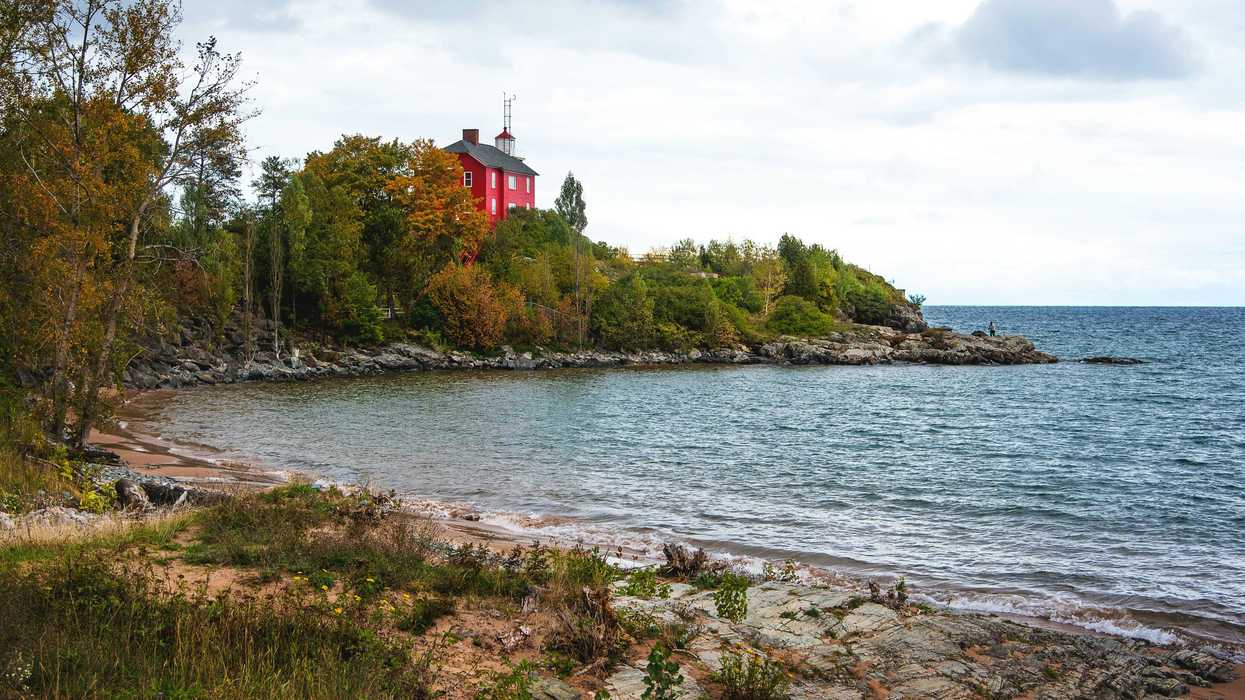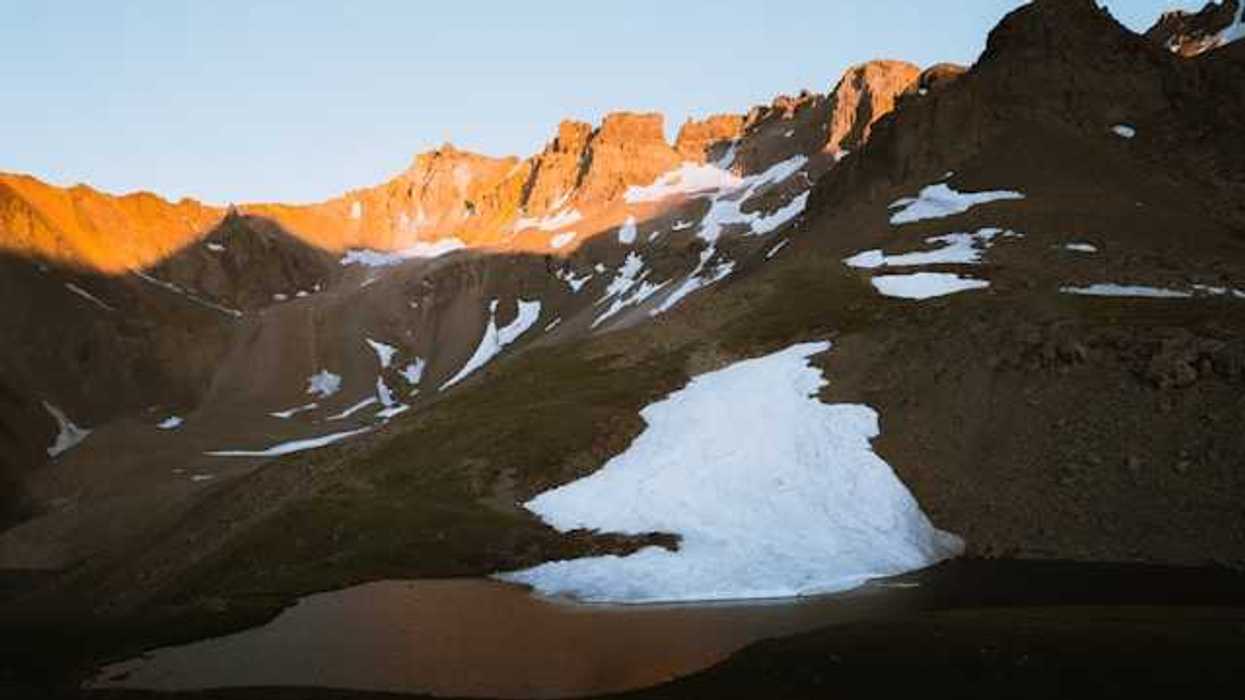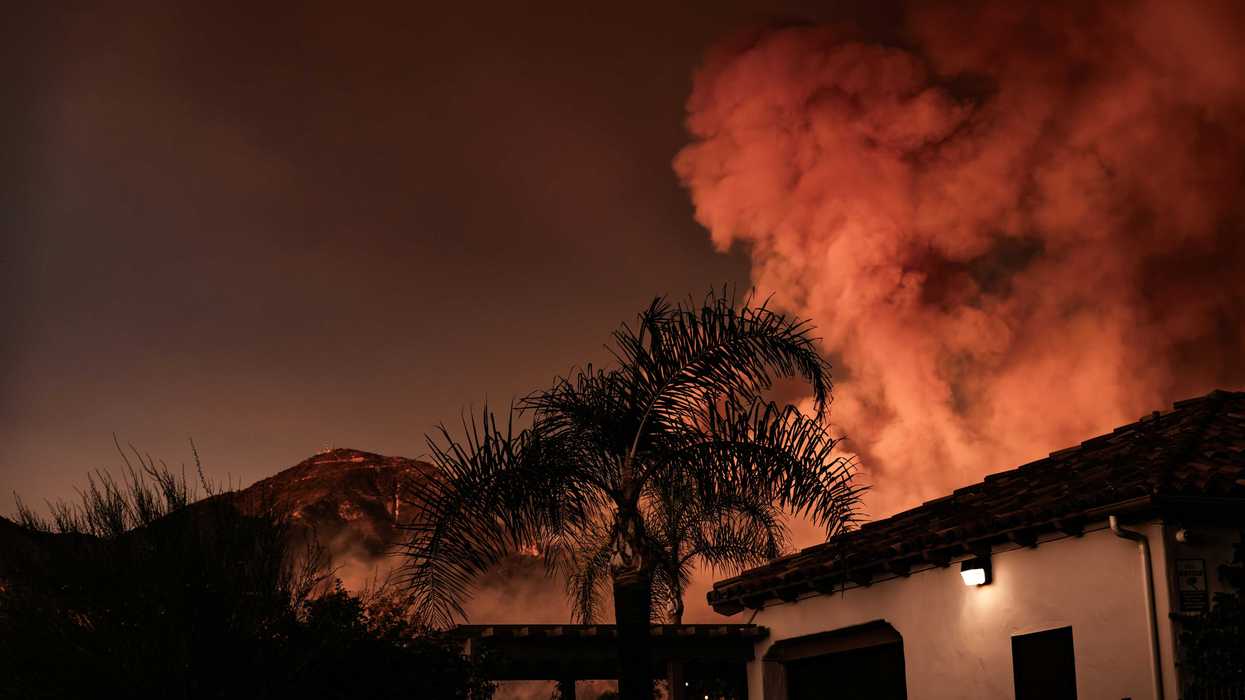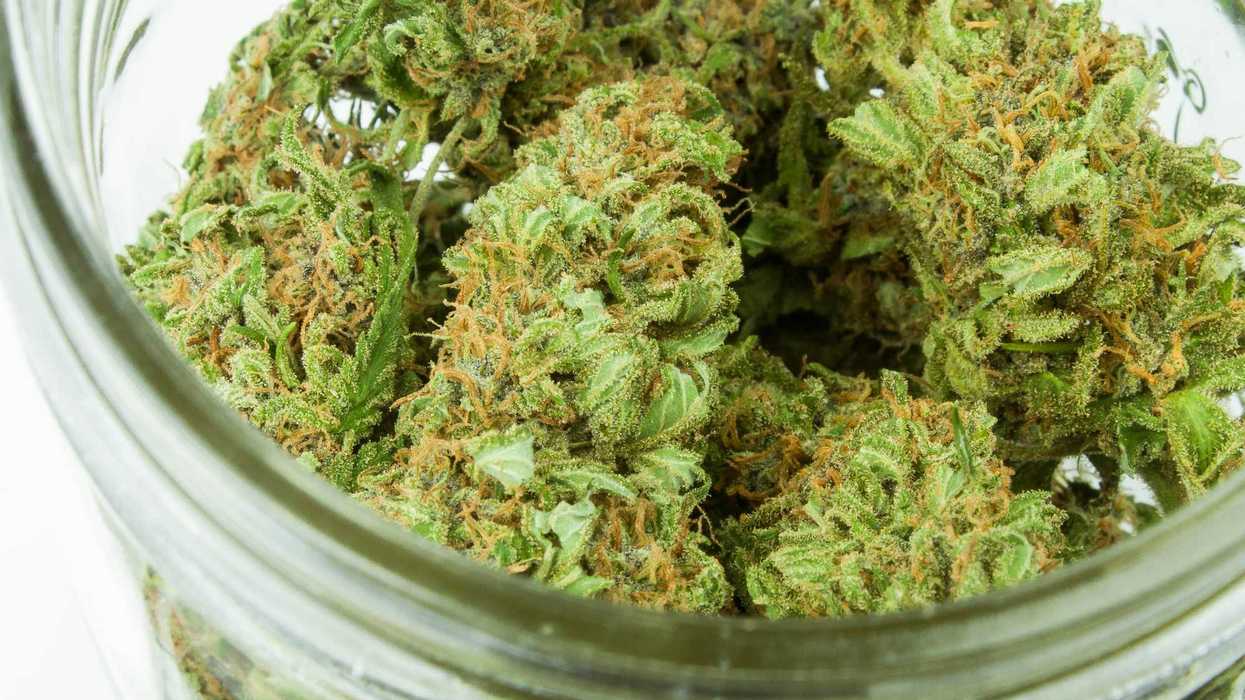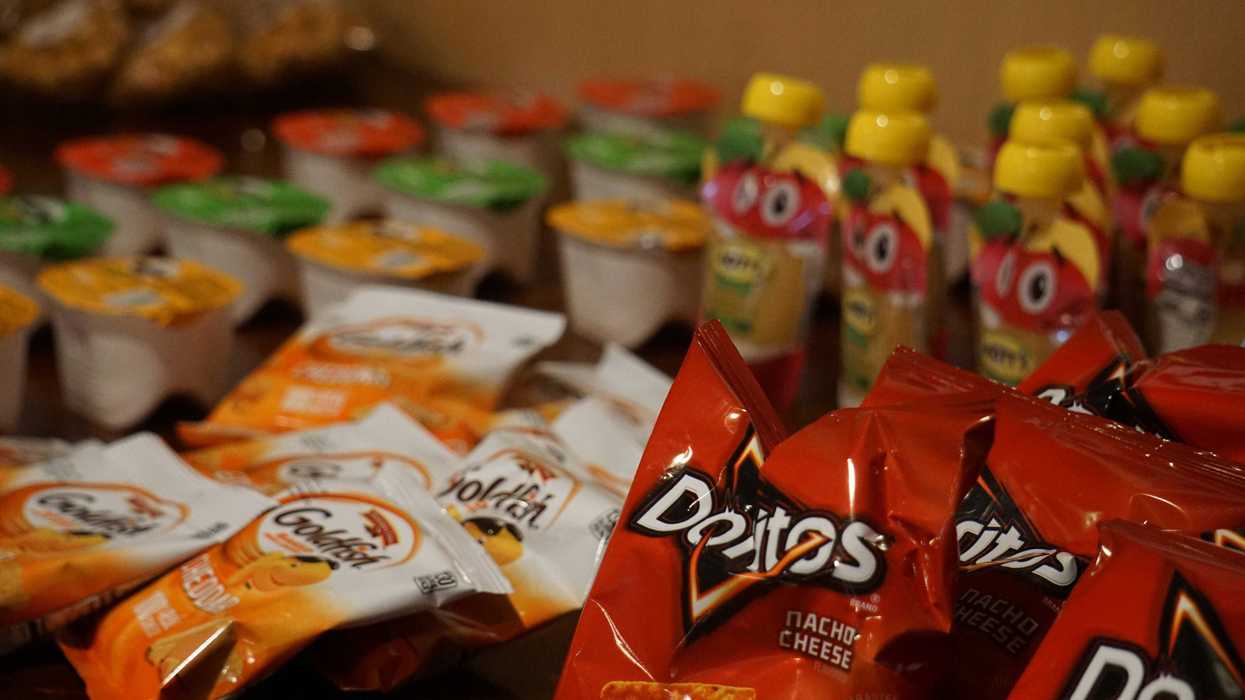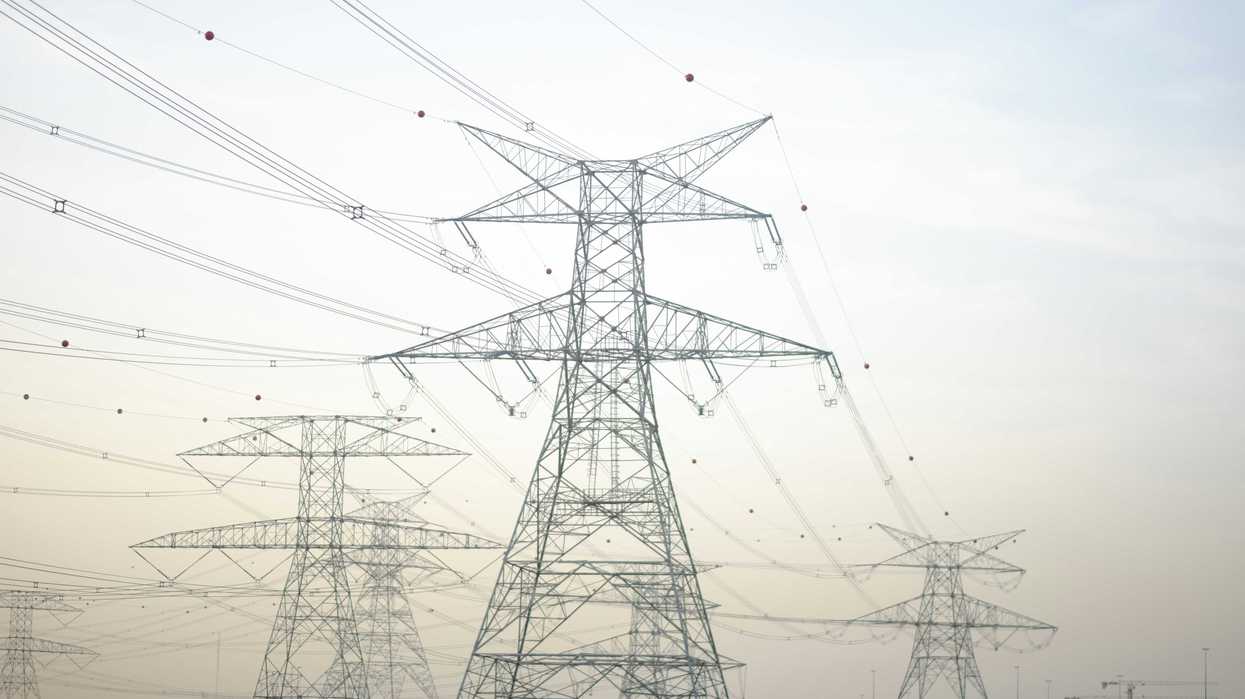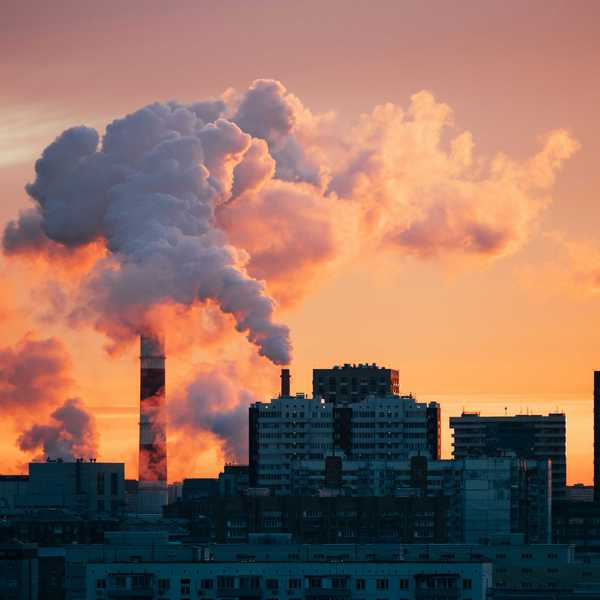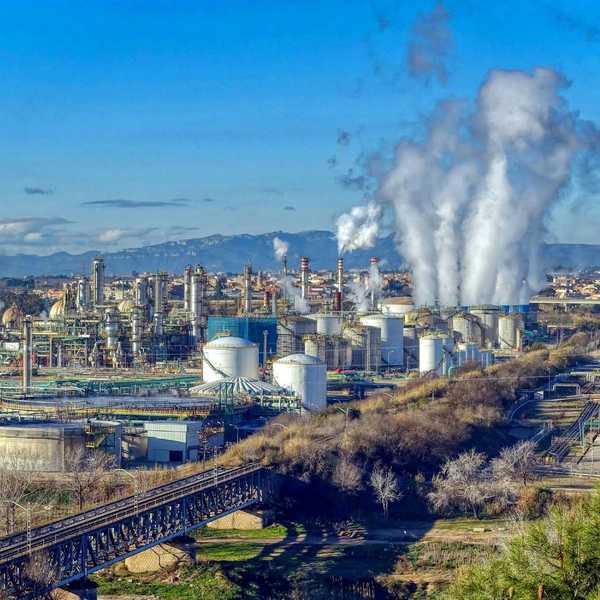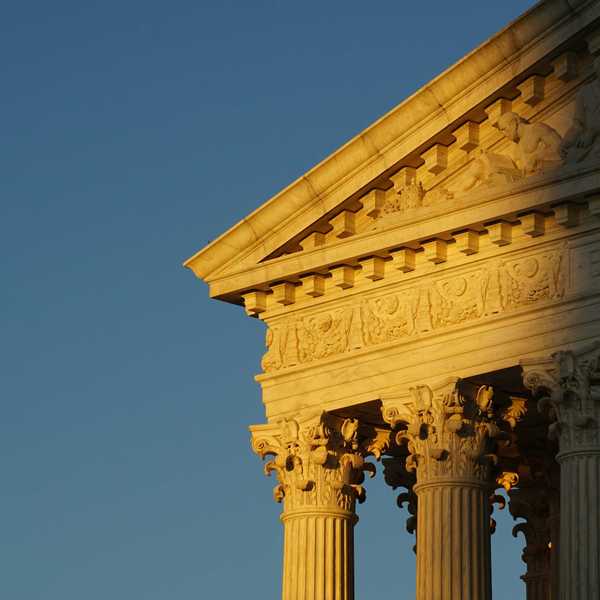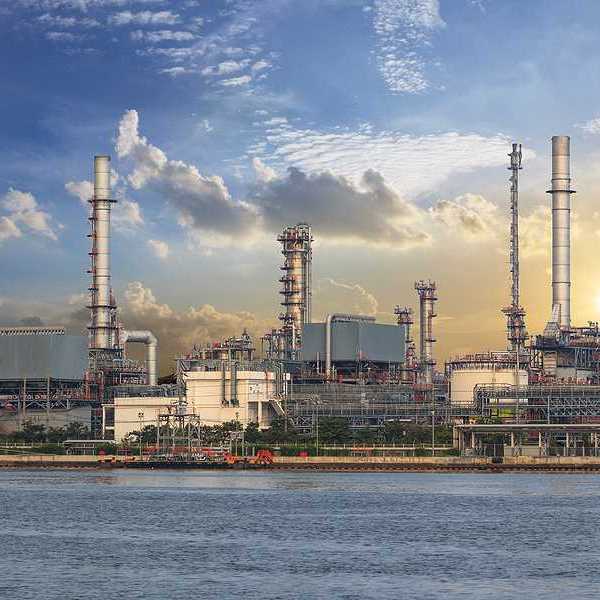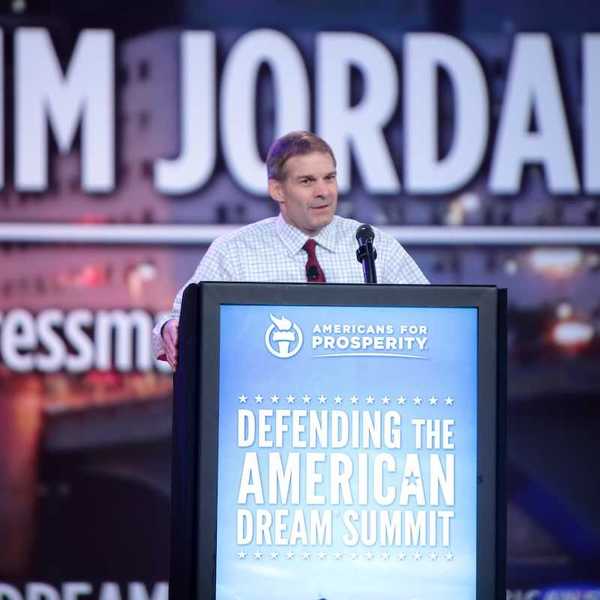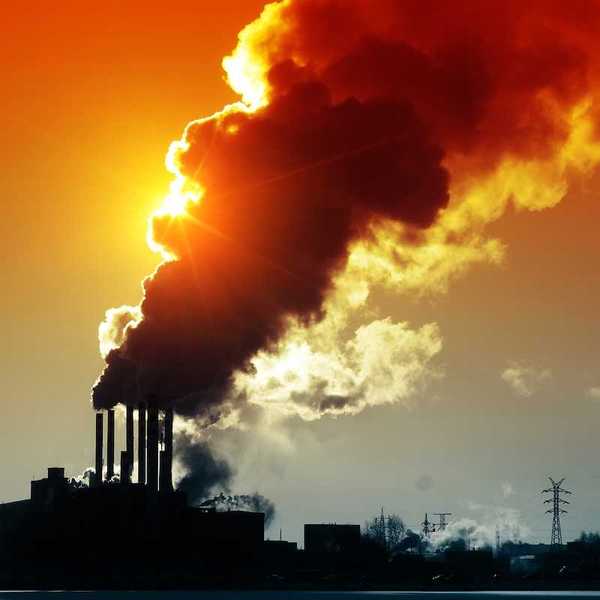Al Gore's legacy won't include a national holiday to mark his birthday or a monument next to the National Mall.
Major cities from coast to coast won't rename streets Vice President Albert Arnold Gore, Jr. Blvd. in his honor. His birthplace won't be staffed by the National Park Service, as Martin Luther King, Jr.'s, was until the current shutdown foolishness. And the monogram "AAG" will never be universal like "MLK."
But Gore stuck his neck, and his reputation, out to sound the alarm on climate change. Will the day ever come when his haters won't hate him for figuring out the climate crisis decades ahead of most Americans?
King and other civil rights leaders weathered unbridled racism, and MLK wasn't the only martyr. He also endured secret surveillance campaigns from the White House and FBI. J. Edgar Hoover, the megalomaniacal FBI director, put a tail on MLK as early as 1955, when the 26-year-old Baptist preacher organized the Montgomery Bus Boycott.
Both Hoover and Robert F. Kennedy wiretapped King, the latter while serving as his brother's Attorney General. Agents labeled King, everything from a tax dodger to Communist to serial adulterer, handing the alleged evidence in a neat package to Mrs. King.
The attacks on Gore have been nowhere near as brutal, but every bit as relentless. In the 1992 presidential campaign, George H.W. Bush ridiculed the Vice Presidential hopeful as "Ozone Man" for his concern about the polar ozone holes. Gore had convened landmark Senate hearings on climate change in 1988 and championed the 1992 Earth Summit in Brazil.
Others lit into Gore as a presumed threat to American economic dominance, or as a hypocrite for traveling by fuel-eating jet while advocating carbon reduction. (The logical extension of this argument is that any advocate of action on climate change lacks moral authority if they travel on anything more carbon-sinful than a covered wagon or Roman trireme.)
When Gore's 2006 "An Inconvenient Truth" became the first Oscar-winning PowerPoint, the derision increased. When he shared the 2007 Nobel Peace Prize with the U.N.'s climate science panel, Al Gore's status as the punchline in thousands of climate deniers' quips gained even more ground. When MLK won his Peace Prize in 1964, the white business titans in his Atlanta hometown had to be shamed into acknowledging the honor.
Today, even those who oppose today's civil rights advocates don't dare speak ill of the Rev. Dr. Martin Luther King, Jr. But as both science and on-the-ground evidence pile up to affirm Al Gore's 30-plus year campaign, Gore still takes it on the chin.
Here's an op-ed from Tuesday's Washington Times that's a Greatest Hits anthology of denier memes about "alarmist" Al Gore. It expresses sentiments shared by a hundred or so members of the House, maybe two dozen Senators, a handful of cabinet officials, and one President (two if you count Putin).
It took decades of history, common sense, and martyrdom to fully silence Dr. King's critics. It may take as long for Al Gore. And the martyrdom (hopefully) won't be for the man, but it could be for his home planet.

